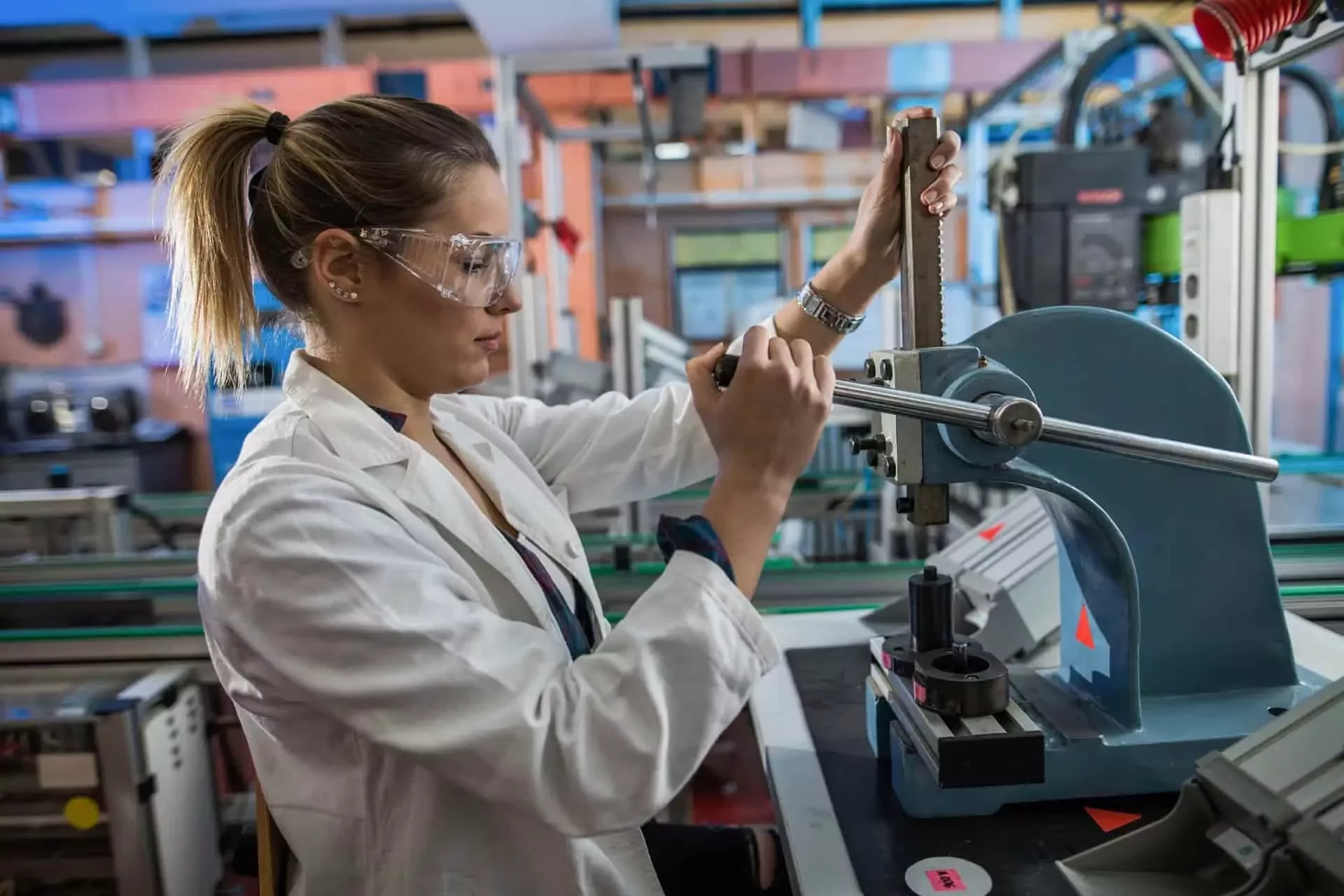At the time of writing, the end of the Brexit transition period is a matter of only six weeks away. One of the main impacts for businesses across the UK is that as free movement also ends at this points, those who are reliant on EEA/EU workers may need to apply for a sponsor license. The new post-Brexit immigration system announced by Home Secretary, Priti Patel effectively rolls out the work visa scheme across the EU/EEA, meaning that businesses must acquire a sponsor license if they want to continue recruiting staff from European countries. But before applying for a sponsor license (a process that takes around eight weeks), businesses need to understand the duties of a Tier 2 (to be called the Skilled Worker route from 2021) employer. In this article, we will explain the responsibilities of an employer with a Tier 2/Skilled Worker sponsor license.
Why is it important to understand your Tier 2 responsibilities?
The Home Office operates a strict compliance checking process which is designed to ensure that any sponsor license holder is sticking to the immigration rules. This is to prevent:
- illegal working
- deliberate or inadvertent hiring of foreign workers who do not meet the requirements (e.g. skills or salary)
- too many foreign workers from entering the UK
- foreign workers from not adhering to the conditions of their visa
To achieve these aims, the Home Office carried out periodic, announced or unannounced compliance visits to businesses with sponsor licenses to ensure they are adhering to their responsibilities. Failure to do so can result in a sponsor license being downgraded, suspended, or revoked. All licenses receive an initial A-grade, but if downgraded to a B-rating, this means they must rectify any breach found by the Home Office before they can hire any new overseas workers. This can have devastating consequences for any business reliant on personnel from outside of the UK, as if not resolved, there is the potential that all existing sponsored staff with work visas may be given 30 days to leave the country (this is known as curtailment).
What Are The Main Responsibilities Of A Tier 2/Skilled Worker Route Employer?
The responsibilities of a Tier 2/Skilled Worker sponsor spans the lifecycle of recruiting a member of staff from outside of the UK; in other words, the process of recruitment, through their time in employment, and their ultimate departure from the role or the UK. A full set of guidance is available on the Home Office website which explains all of the duties and tasks which must be completed in order to remain compliant.
As a sponsoring employer, the main responsibilities you should be aware of are:
- You must check that your foreign workers have the necessary skills, qualifications or professional accreditations to do their jobs
- You must check that any foreign worker you hire has the right to work in the UK
- You must keep copies of documents relating to sponsored workers (including contact details, identity, passport, qualifications, registration, and skills)
- You must only assign certificates of sponsorship (CoS) to workers when the job is suitable for sponsorship
- You must inform UK Visas and Immigration (UKVI) if your sponsored workers are not complying with the conditions of their visa
- You must not exceed the number of CoSs you are entitled to issue (this will not apply from 2021 at caps are being removed).
Updating the Sponsor Management System (SMS)
Once you are granted a sponsor license, you will be given access to the Home Office’s Sponsor Management System (SMS). This is the main portal through which employers need to update the Home Office on who they have recruited from outside of the UK. Your business must keep the SMS up to date with:
- Changes to migrant worker contact details/addresses
- Changes to CoS status (e.g. if withdrawn or cancelled)
- Changes in migrant activity – (e.g. if a new migrant worker does not attend on their first day, if they stop coming to work, or if their circumstances change)
- Corrective notes (e.g. if information has been entered incorrectly)
You must also report any significant changes in your own circumstances within 20 working days, including if:
- Changes to your key SMS personnel (authorising officer, key contact and key users of the SMS)
- you have new ownership or are involved in a merger or take-over
- you have a new location,
- there is a change in registration status
- you stop trading or become insolvent
- you substantially change the nature of your business
- you are changing your details, such as your address or allocated roles.
Other responsibilities of Tier 2/Skilled Worker route sponsors
If your organisation sponsors any person under the age of 18 from outside of the UK, you are required by the Home Office to put in place suitable care arrangements for their:
- travel to the UK
- arrival in the UK
- living arrangements in the UK
In addition, you must ask for and receive a letter from the employee’s parents which provides formal consent for the care arrangements your business has put in place for their child. It is also your responsibility to ensure that a DBS check (Disclosure and Barring Service) is carried out for any foreign workers who need it (e.g. those working with children or vulnerable individuals).
As a sponsoring employer, you are legally required to carry out a Resident Labour Market Test (RLMT) to ensure that no settled worker can perform the role for which you are hiring. This involves advertising the role in the UK for 30 days on the open job market. This will only be required until the end of 2020 as the requirement to complete an RLMT is being removed from the immigration rules.
Final Words
It cannot be overemphasised how important it is to ensure that your business adheres to its sponsor license responsibilities and duties at all time. Even a minor oversight, if reported to or discovered by the Home Office can have substantial implications for your business. Putting in place systems, processes, and training which ensures your staff stick to the rules and are able to satisfy a Home Office compliance officer that this is the case is essential.







